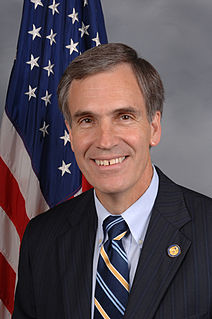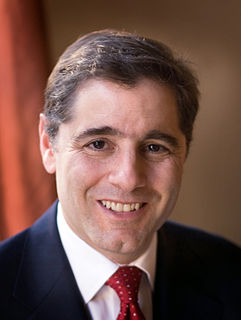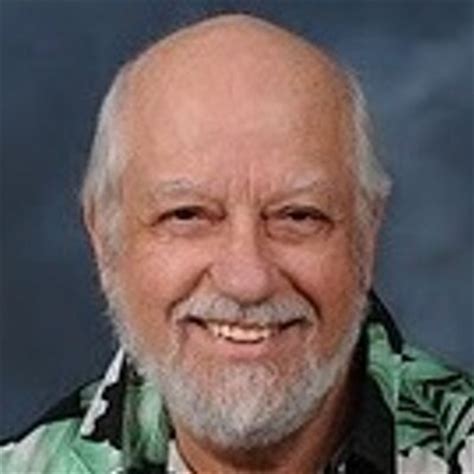A Quote by Tom Allen
Incivility is a symptom, not the disease. We've always had partisan conflict in Congress, and we always will. Yet when I worked for a year (1970-71) on the staff of Sen. Ed Muskie of Maine, this was a different place, more collegial, more sensitive to data, more concerned about all of the American people. I think because the for-profit media prizes conflict above cooperation and sound bites above analysis, politicians have learned to adapt to those tendencies. Consequently, our public debates are dumbed down as our problems grow more complex.
Quote Topics
About
Above
Adapt
Always
American
American People
Analysis
Because
Bites
Complex
Concerned
Conflict
Congress
Consequently
Cooperation
Data
Debates
Different
Different Place
Disease
Down
Grow
Had
Incivility
Learned
Maine
Media
More
Our
Partisan
People
Place
Politicians
Prizes
Problems
Profit
Public
Sensitive
Sound
Sound Bite
Sound Bites
Staff
Symptom
Tendencies
Think
Those
Will
Worked
Year
Related Quotes
Anything greater than 350 of parts of carbon dioxide per million is more than the planet can safely deal with. It is what's overwhelming our climate system. Because we've been going up about three parts per million per year. And eventually, we will always be above 410, and then above 420, and above 430. We just keep pouring more carbon into the atmosphere.
When I had the job of police commissioner, 20 years ago, I was more sensitive, more cognizant of complaints and concerned about public opinion. I've learned to do what I think is the right thing. That lessens the impact of criticism. You get used to a pressurized environment and expect it every day.
Where taxes are concerned, there are two clear-cut points of view. There are those who think they're too high and those who think they should be even higher because, after all, politicians spend our money far more wisely than we do. The obvious solution I'd propose is that the people in the first group would pay less and those in the second group would pay more. Lots more.
One of the real dilemmas we have in our country and around the world is that what works in politics is organization and conflict. That is, drawing the sharp distinctions. But in real life, what works is networks and cooperation. And we need victories in real life, so we've got to get back to networks and cooperation, not just conflict. But politics has always been about conflict, and in the coverage of politics, information dissemination tends to be organized around conflict as well.
I imagine a school system that recognizes learning is natural, that a love of learning is normal, and that real learning is passionate learning. A school curriculum that values questions above answers...creativity above fact regurgitation...individuality above conformity.. and excellence above standardized performance..... And we must reject all notions of 'reform' that serve up more of the same: more testing, more 'standards', more uniformity, more conformity, more bureaucracy.
What's happening is that the will of the people, the declared opinion of the people, who want more agendas, more ideas, more sensible redirections reforms in our country, are being thwarted by the mechanism of keeping third-party candidates, who are on more than enough States theoretically to get an electoral vote majority, to keep them off the mass media, the commercial media, to keep them off the debates.


































